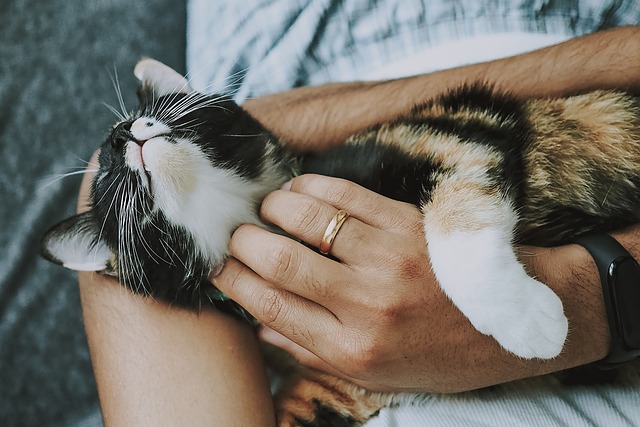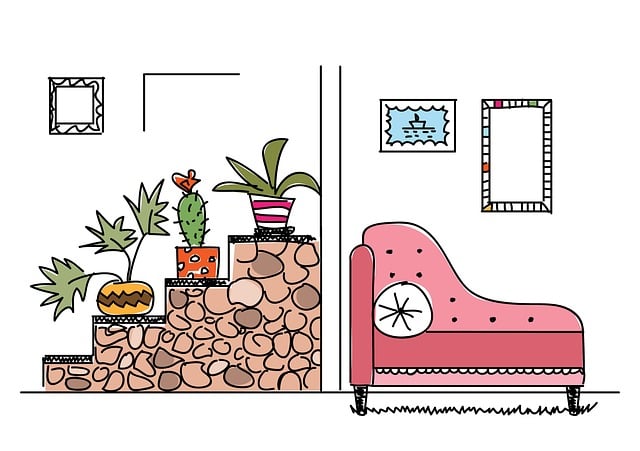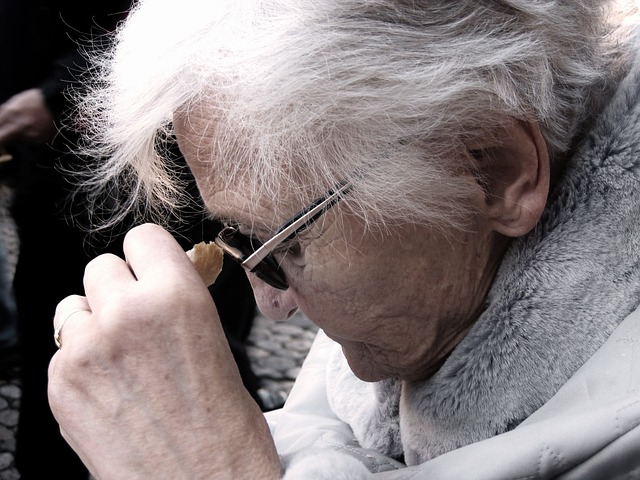Home care services offer comprehensive non-medical and personal care for seniors and individuals with disabilities in the comfort of their homes. These services include meal prep, medication management, housekeeping, transportation, and companionship to enhance independence and well-being. Trained caregivers from professional agencies assist with daily tasks (ADLs) and provide emotional support, addressing loneliness and isolation. Companion care is a vital component, combining personal touch with physical assistance for a fulfilling home life.
In today’s digital era, understanding home care options is more crucial than ever for the well-being of our elderly population. This comprehensive guide explores the various aspects of senior care, focusing on the benefits and solutions provided by in-home aid services. From companion care to personalized non-medical assistance, these home care services cater to the unique needs of the elderly, ensuring comfort, independence, and enhanced quality of life. Discover how professional in-home aide can revolutionize senior living.
- Understanding Home Care for Seniors: A Comprehensive Guide
- The Benefits of Companion Care for Elderly Individuals
- Non-Medical In-Home Aide Services: Personalized Senior Support
Understanding Home Care for Seniors: A Comprehensive Guide

Many seniors prefer or benefit from receiving care in their own homes, a choice that is increasingly supported by comprehensive home care services. Home care for seniors offers a wide range of non-medical and personal care assistance tailored to individual needs. This can include daily tasks like meal preparation, medication management, light housekeeping, transportation, and even companionship. In-home aides or companion caregivers provide not just practical support but also emotional company, helping to alleviate loneliness and isolation.
When considering home care services for seniors, it’s essential to understand the various options available. Professional home care agencies offer a team of trained caregivers who can assist with activities of daily living (ADLs). These agencies often provide background checks and training for their staff, ensuring quality care. While medical care is typically handled by healthcare professionals, non-medical or personal care services are focused on enhancing the elderly’s independence, safety, and overall well-being in a familiar home environment.
The Benefits of Companion Care for Elderly Individuals

For elderly individuals, receiving companion care in the comfort of their own homes offers numerous advantages. This type of non-medical care is tailored to meet their specific personal and emotional needs, ensuring they remain independent while fostering a sense of companionship. In-home aides provide assistance with daily tasks such as bathing, dressing, meal preparation, and light housekeeping, allowing seniors to maintain their quality of life.
Companion care also addresses the potential challenges of loneliness and isolation that many elderly folks face. By offering regular conversation, social interaction, and emotional support, companion caregivers contribute significantly to the mental well-being of their clients. This personal touch, combined with the convenience of home care services, makes it an ideal solution for seniors seeking both physical assistance and companionship in their golden years.
Non-Medical In-Home Aide Services: Personalized Senior Support

Many elderly individuals or those with disabilities prefer or require support in the comfort of their homes rather than institutional settings. Non-medical in-home aide services cater to this need by providing personalized care tailored to each senior’s unique needs and preferences. These services go beyond basic assistance, offering companion care that can include light housework, meal preparation, and transportation, while also facilitating social interaction and mental stimulation.
In-home aides are trained not only in personal care but also in understanding the specific challenges their clients face. They help with activities of daily living (ADLs) such as bathing, dressing, and mobility support, ensuring seniors maintain independence for as long as possible. Companion care also includes emotional and social support, reducing feelings of isolation and promoting overall well-being.
When it comes to senior care, the comfort and safety of home offer an ideal environment for recovery and independence. Whether through comprehensive home care services, companion care, or personalized non-medical in-home aide, these options cater to the unique needs of elderly individuals. By combining professional expertise with personal attention, these home care services for seniors ensure a higher quality of life, allowing them to age gracefully and securely in familiar surroundings.
